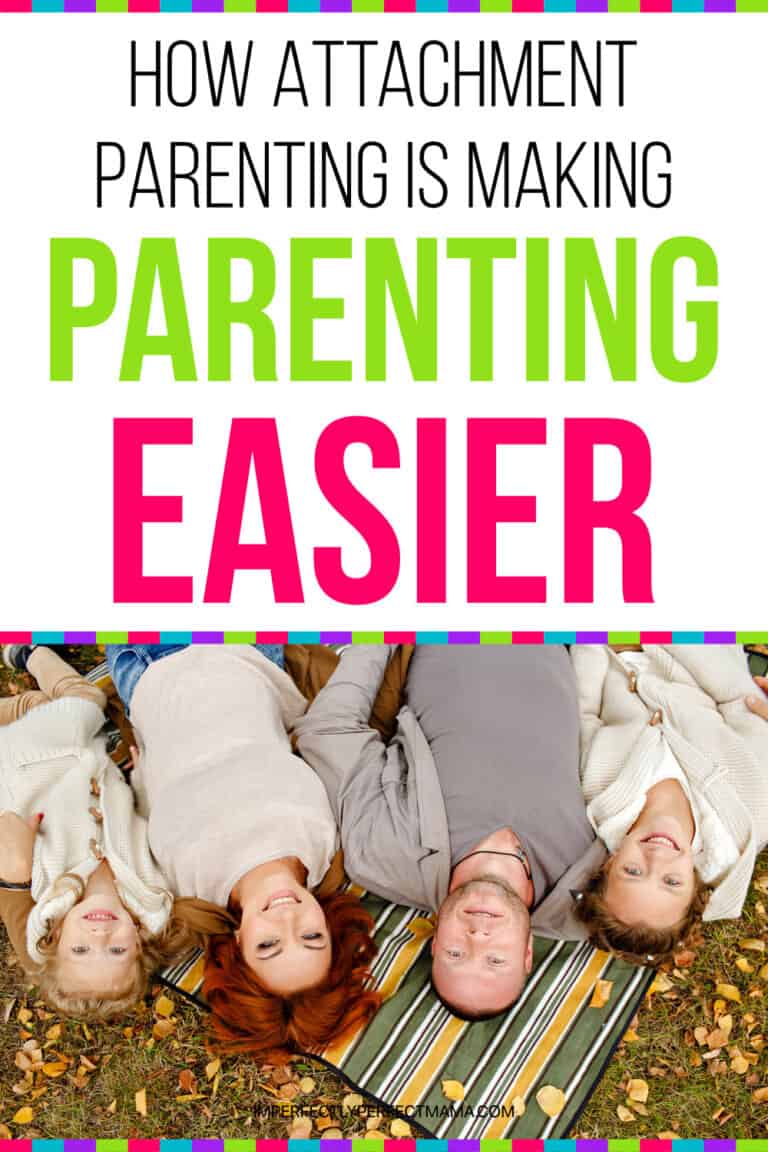This post is not to discount that parenting is easy—it is not.

In fact, I deem parenthood as the most difficult job I’ve ever taken for it goes without a written script and one in which I need to confront uncertainties all the time.
It is difficult to be a parent, but every parent will agree with me that it is very fulfilling.
I first learned about attachment parenting from the birthing class I attended three months prior to giving birth.
Dr. William Sears, the proponent of the attachment parenting philosophy, cites the numerous benefits of attachment parenting, which include an increase in the bond between parent and child, and the promotion of the child’s emotional, mental, and physical development.
Being a first-time mom in my 30s, dealing with breast hypoplasia, and giving birth to an underweight baby who refused to take a bottle, it was attachment parenting that helped me get through the first year of parenthood.
It is also the reason why I can say, with confidence, that parenthood has gotten a lot easier because of attachment parenting. Let me give you my reasons.
1. Catching and Understanding Each Other’s Cues
Attachment parenting allows the parent, and this goes especially true for the mom, to be sensitive to her child’s needs. In turn, the child also learns to understand her mom’s needs.
A simple turn of the head was a signal for me to feed my child, which saved me from my child needing to shout and cry to have her needs met. Of course, crying in children is natural.
It is a part of their language. But when I’ve had a row of sleepless nights, got work to do, and have other things to think about, then a crying episode is the last thing that I wanted to deal with.
The simple idea of putting my child in a carrier throughout her first year to join me in all my activities was the best decision.
Now that my child is two, I’ve noticed that she knows my rhythm so much.
She starts playing on her own when she knows I have a work email to answer. She does not invite me for play when she knows I’m sick. And she starts getting excited when my workday is almost over.
2. Nurturing Maternal Instinct, Love, and Care
Maternal instinct is a part of our evolution and ingrained in our species. But it is not a fixed concept; it needs to be continuously honed and nurtured in practice to be effective.
My love for my child was not automatic. Though I did everything that I needed to do for her in terms of feeding, burping, changing her nappies, playing, and taking her out for a walk, I did not immediately bond with her.
Maybe it’s the hormones. Maybe it’s the lack of sleep. Maybe it’s the 360-degree change in my life that was becoming too overwhelming.
But I kept on with carrying her wherever I went, whatever I did. She slept on my lap while I worked on my computer. She stayed in her carrier while I cleaned, tended to the garden, and did the weekly shopping. I discovered more cues from her, and every day became a learning curve for me.
Until one day, it just dawned on me, “what if fate has it that she’s not going to stay for long in this lifetime?” It was then that I broke down, realizing how much I grew to love this tiny human being.
3. Fostering a Peaceful, Safe, and Trusting Environment
Attachment parenting does not solve all parenting problems, but it definitely provides answers to a lot of fundamental issues, like building trust, fostering confidence, and expressing love, that plague many parents around the world.
By showing up early to meet my child’s needs, I trust that I’ve been able to foster an environment where she could fully express herself, trust people, and know how to receive and give love.
Though my two-year-old has the occasional tantrum whenever she feels frustrated when she can’t express what she wants, given her still limited vocabulary, it’s still not as bad as the classic “Terrible Two” stage.
Just like any kid, at this stage, my child’s personality is starting to shine through.
I don’t wish to put labels on her personality, but whatever these are that make her uniquely her own, hopefully, she always feels safe and secure in expressing herself, even when she finally traverses her own path someday.
Attachment parenting has been around for millions of years and is found not only among our species but also in other primates and mammals. It is a practice still so common among indigenous peoples, and there’s a reason why it continues to endure—simply put, it is the most natural way to parent.
Thanks to Dr. Sears, this forgotten parenting practice has been revived and continues to help millions of parents around the world!




Leave a Reply